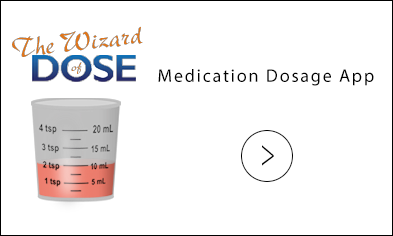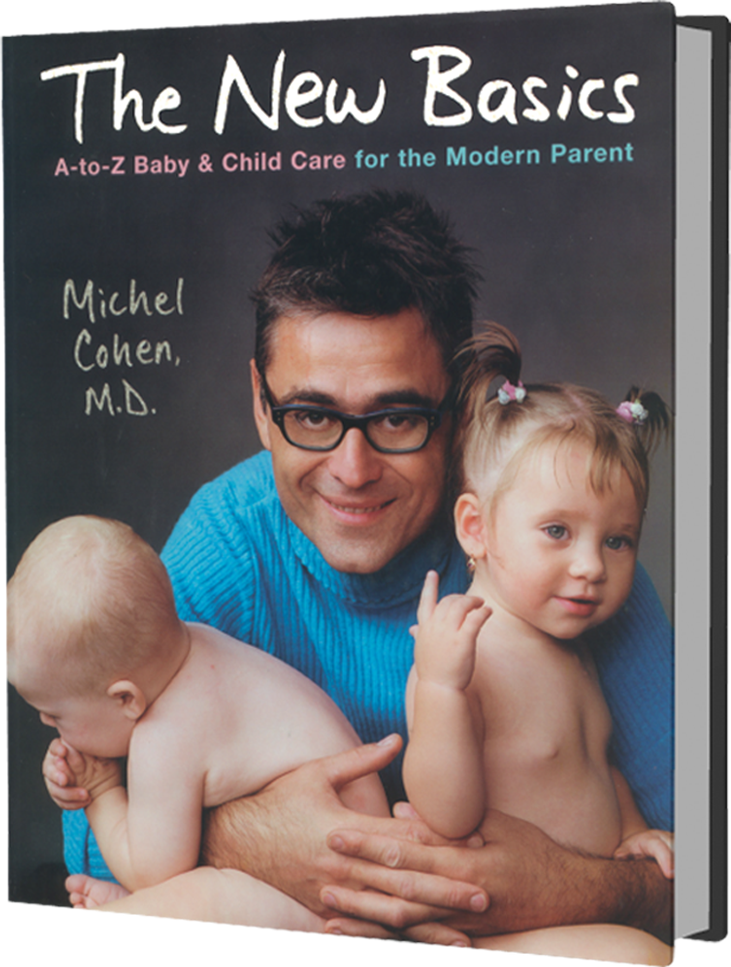
Urinary Infections
 Urinary infections are rare. In babies, they are caused chiefly by a malformation that allows the reflux of the contaminated urine in the bladder to return to the kidney and infect it. Kidney infections usually cause high fevers, poor appetite, and [note] <1 year [/note] vomiting. Because these same symptoms apply to many other illnesses (e.g., flu and stomach virus), diagnosing a kidney infection can be challenging. Upon suspicion, your doctor will ask for a urine sample, which must be obtained as cleanly as possible, because germs on the skin can skew the results. The doctor can avoid skin contamination by inserting a tiny tube into the baby’s bladder. It may be hard to believe, but this uncomfortable procedure doesn’t hurt Lucy or Jimmy much.
Urinary infections are rare. In babies, they are caused chiefly by a malformation that allows the reflux of the contaminated urine in the bladder to return to the kidney and infect it. Kidney infections usually cause high fevers, poor appetite, and [note] <1 year [/note] vomiting. Because these same symptoms apply to many other illnesses (e.g., flu and stomach virus), diagnosing a kidney infection can be challenging. Upon suspicion, your doctor will ask for a urine sample, which must be obtained as cleanly as possible, because germs on the skin can skew the results. The doctor can avoid skin contamination by inserting a tiny tube into the baby’s bladder. It may be hard to believe, but this uncomfortable procedure doesn’t hurt Lucy or Jimmy much.
Urinary infections generally respond very well to antibiotics. After a documented episode, further tests are necessary to determine whether the urinary system is malformed. If reflux is the issue, depending on the degree, surgery is sometimes recommended to prevent the permanent kidney damage that may follow repeated infections.
In Toddlers and Older Children
Bladder Infections
 Older kids are more prone than infants to bladder infections, which show up with or without a fever as painful urination. In case of such an infection, the urine turns [note] >1 year [/note]cloudy and smelly. A sample makes diagnosis easier, and at this age a “clean” sample is more easily achieved: Jimmy just has to pee into a cup.
Older kids are more prone than infants to bladder infections, which show up with or without a fever as painful urination. In case of such an infection, the urine turns [note] >1 year [/note]cloudy and smelly. A sample makes diagnosis easier, and at this age a “clean” sample is more easily achieved: Jimmy just has to pee into a cup.
In little girls, simple vaginal irritation is often mistaken for a bladder infection, since urination is painful when it drips onto the irritated vagina [See: Vagina]. Two side notes: “Improper wiping” has not been proven to cause urinary infection, and uncircumcised boys don’t have a much higher risk of urinary infections.
Kidney Infections
Kidney infections in older children are rarer but not unheard of. The kid will have a high fever (in the 103°F range) and lower-back pain but may not experience pain on urination. In either case, the doctor will treat the condition with an antibiotic and recommend acetaminophen or ibuprofen for the pain and fever. In slightly older children, kidney infections are less likely to be associated with malformations than they are in infants.




 MEDICATION DOSAGE
MEDICATION DOSAGE

